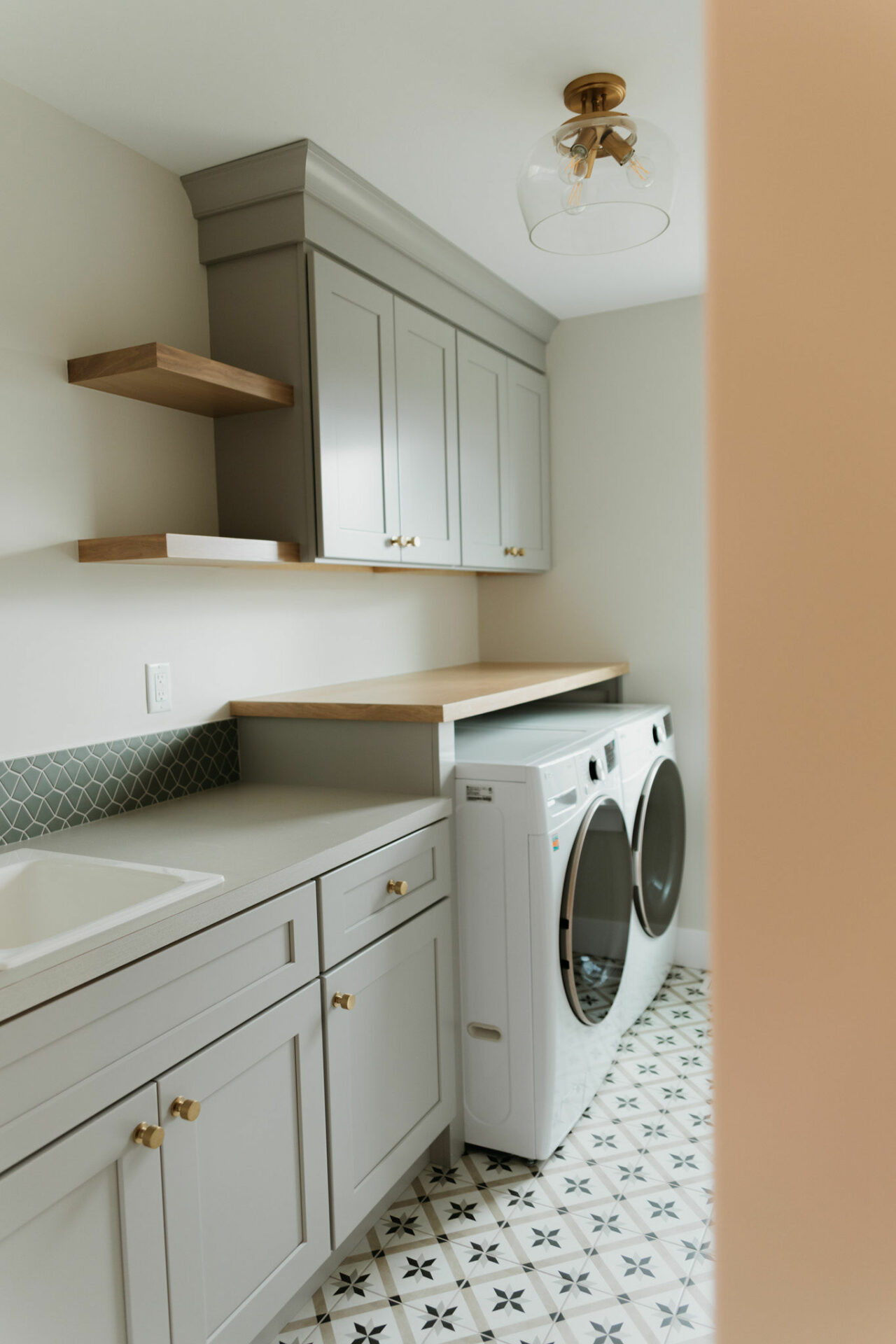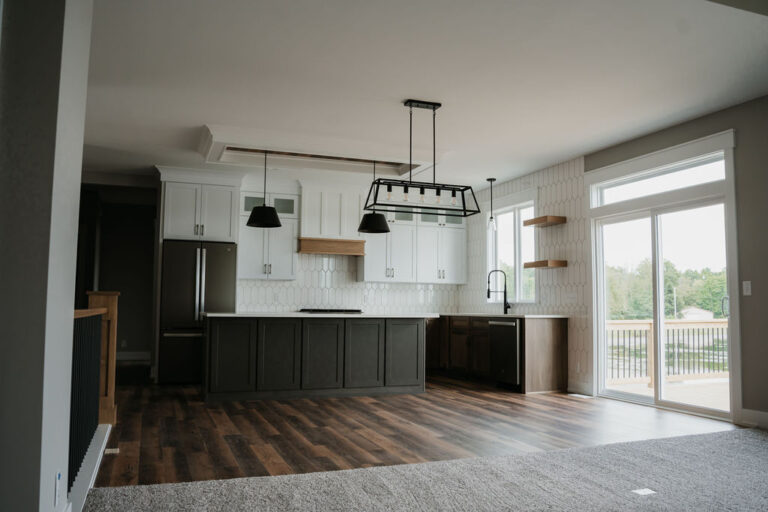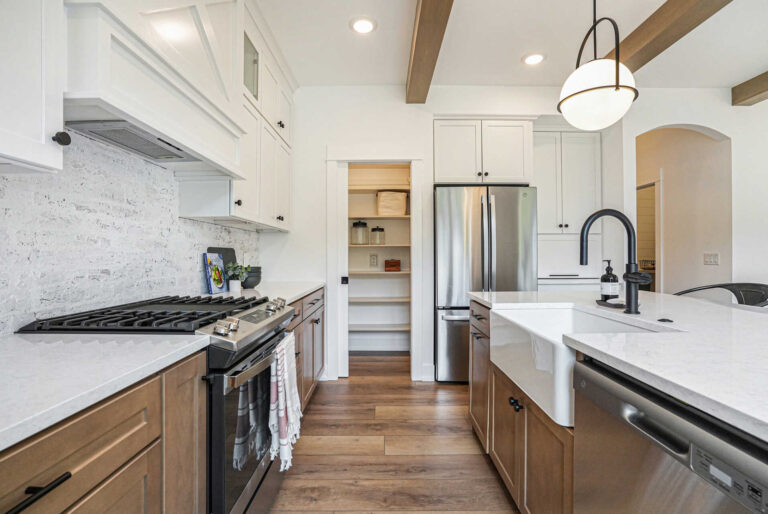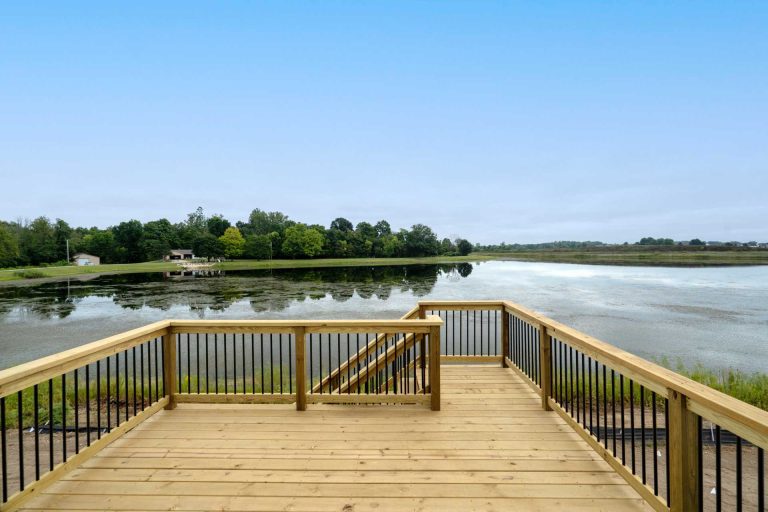Share
Understanding Home Utilities in Different Areas: A Guide by Buffum Homes
Welcome to the Buffum Homes blog! Today, we’re diving into an essential aspect of homebuilding that often gets overlooked until the final stages: home utilities. These utilities, which include electricity, water, gas, and sewer systems, are vital to making your new home functional and comfortable. Understanding how these utilities work and how they might differ depending on your location is crucial for any prospective homeowner.
Electricity: Powering Your Home
Electricity is the backbone of modern living, powering everything from your lights to your appliances. Here are a few key points to understand about electrical utilities:
- Urban vs. Rural Areas: In urban areas, electricity is typically more reliable with fewer outages and quicker restoration times. Rural areas might experience more frequent outages and longer repair times due to the more extensive infrastructure.
- Energy Sources: The source of your electricity can vary. In some areas, power is generated from coal or natural gas, while others may rely more on renewable sources like wind, solar, or hydroelectric power. This can affect both the reliability and cost of your electricity.
- Connection Process: When building a new home, your builder will coordinate with the local utility company to ensure your home is connected to the electrical grid. This involves installing a meter and setting up your service account.
Water: Essential for Life
Access to clean, safe water is non-negotiable. Here’s what you need to know:
- Municipal vs. Well Water: In cities and larger towns, homes are typically connected to a municipal water supply, which is managed and treated by the local government. In more rural areas, homeowners might rely on private wells. While well water can be more cost-effective, it also requires regular testing and maintenance to ensure safety.
- Water Pressure and Quality: Water pressure and quality can vary. Municipal water usually offers consistent pressure and is treated to remove contaminants. Well water pressure depends on your pump system, and the quality can be affected by natural elements in the ground.
- Installation: For new homes, connecting to municipal water involves hooking up to the main water line and installing a meter. If you’re using well water, a well needs to be drilled and a pump system installed.
Gas: Heating and Cooking
Natural gas is a common utility for heating and cooking. Here’s a brief overview:
- Availability: Not all areas have access to natural gas. In some regions, propane or electric alternatives might be more common, especially in rural settings.
- Cost and Efficiency: Natural gas is often cheaper and more efficient for heating and cooking compared to electricity. However, the initial setup for gas lines can be more complex and costly.
- Connection: If your new home will use natural gas, the utility company will install the necessary lines and meters. For propane, a tank is installed on your property, and regular deliveries are scheduled to refill it.
Sewer Systems: Waste Management
Proper waste management is crucial for sanitation and environmental health. Here’s what to know:
- Sewer vs. Septic: Urban and suburban homes are usually connected to a municipal sewer system, which transports waste to a treatment plant. Rural homes often use septic systems, which treat waste on-site in a septic tank and drain field.
- Maintenance: Municipal sewer systems require less maintenance from homeowners, as the city manages the system. Septic systems need regular pumping and inspection to prevent issues.
- Connection and Installation: Connecting to a municipal sewer system involves hooking up to the main sewer line. For septic systems, a tank and drain field must be installed according to local health and environmental regulations.
Conclusion
Understanding the utilities in your new home is essential for ensuring comfort, efficiency, and safety. Whether you’re building in an urban, suburban, or rural area, knowing the basics of electricity, water, gas, and sewer systems will help you make informed decisions throughout the building process. At Buffum Homes, we’re committed to guiding you through every step of your homebuilding journey, ensuring that all your utility needs are met with professionalism and expertise.
For more information or to start planning your dream home, contact us today!




